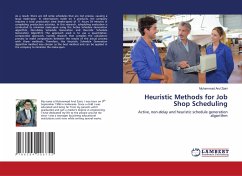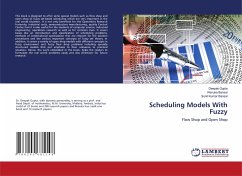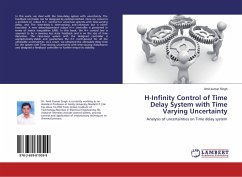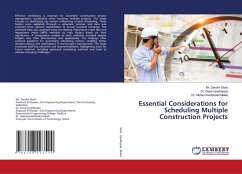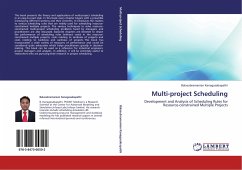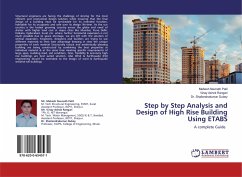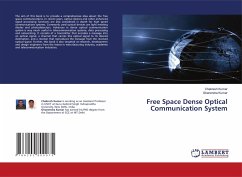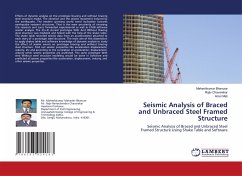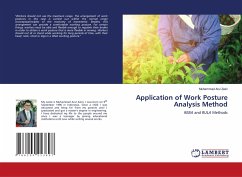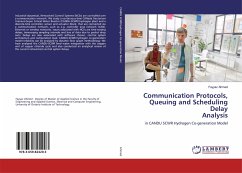
Communication Protocols, Queuing and Scheduling Delay Analysis
in CANDU SCWR Hydrogen Co-generation Model
Versandkostenfrei!
Versandfertig in 6-10 Tagen
47,99 €
inkl. MwSt.

PAYBACK Punkte
24 °P sammeln!
Industrial dynamical, Networked Control Systems (NCSs) are controlled over a communication network. We study a continuous-time CANada Deuterium Uranium-Super Critical Water Reactor (CANDU-SCWR) hydrogen plant and a discrete-time controller, sensor and actuator block, that are connected via a communication network, such as e.g. controller area network (CAN), Ethernet or wireless networks. Issues associated with NCSs are time-varying delays, timevarying sampling intervals and loss of data due to packet drop outs. Delays are also associated with software chosen, control system architecture and co...
Industrial dynamical, Networked Control Systems (NCSs) are controlled over a communication network. We study a continuous-time CANada Deuterium Uranium-Super Critical Water Reactor (CANDU-SCWR) hydrogen plant and a discrete-time controller, sensor and actuator block, that are connected via a communication network, such as e.g. controller area network (CAN), Ethernet or wireless networks. Issues associated with NCSs are time-varying delays, timevarying sampling intervals and loss of data due to packet drop outs. Delays are also associated with software chosen, control system architecture and computation load. CANDU-SCWR hydrogen co-generation model reliability can be analyzed by dynamic flow graph methodology. We have analyzed the CANDU-SCWR feed water integration with the oxygen unit of copper chloride cycle and also conducted an analytical review of the current networked control system delays.



